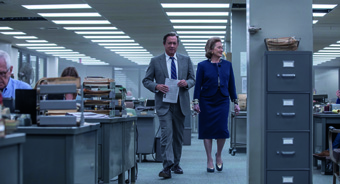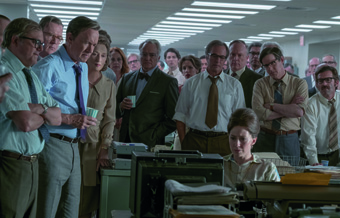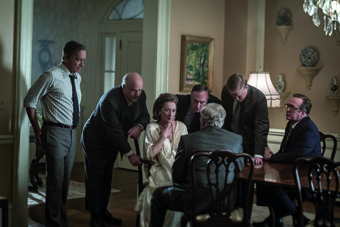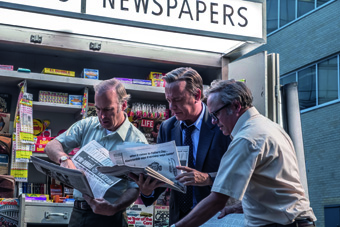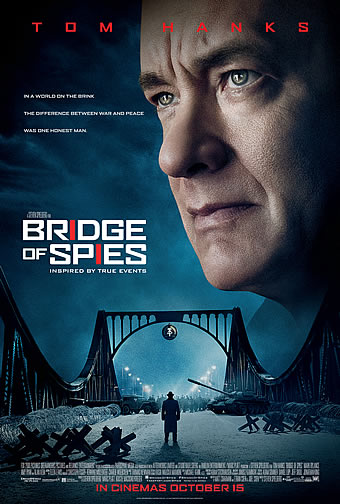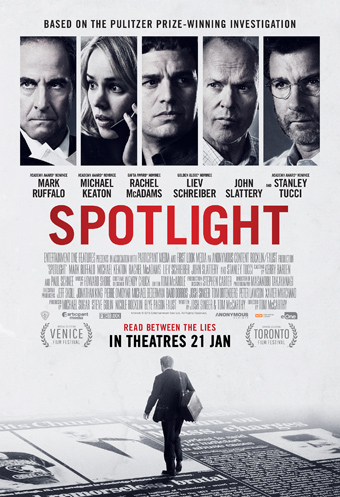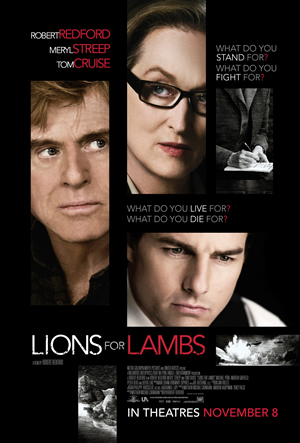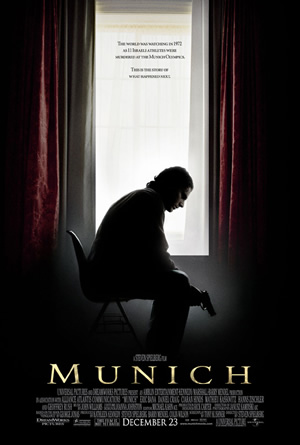THE POST (2017)
Genre: Drama
Director: Steven Spielberg
Cast: Tom Hanks, Meryl Streep, Alison Brie, Carrie Coon, David Cross, Bruce Greenwood, Tracy Letts, Bob Odenkirk, Sarah Paulson, Jesse Plemons, Matthew Rhys, Michael Stuhlbarg, Bradley Whitford, Zach Woods
Runtime: 1 hr 57 mins
Rating: PG13 (Some Coarse Language)
Released By: UIP
Official Website: https://www.facebook.com/ThePostOfficial/
Opening Day: 18 January 2018
Synopsis: Steven Spielberg directs Meryl Streep and Tom Hanks in The Post, a thrilling drama about the unlikely partnership between The Washington Post's Katharine Graham (Streep), the first female publisher of a major American newspaper, and editor Ben Bradlee (Hanks), as they race to catch up with The New York Times to expose a massive cover-up of government secrets that spanned three decades and four U.S. Presidents. The two must overcome their differences as they risk their careers - and their very freedom - to help bring long-buried truths to light.
Movie Review:
The press is a fundamental institution of American society/ politics, and lest you forget, Hollywood takes it upon itself every now and then to remind us just how important the news media is to the preservation of truth and transparency. It isn’t hard to see why one of the most venerable filmmakers of our time, Steven Spielberg, has taken it upon himself to do so now – after all, most, if not all, major newspapers, magazines, cable news networks and major broadcasters of the United States will claim that they have come under unprecedented attack by no less than their President, who further legitimizes these assaults by calling them ‘fake news’.
As it turns out, this isn’t the first time that the press has found itself at odds with POTUS. Based upon a true story, ‘The Post’ recounts the twists and turns leading up to the Washington Post’s publication of the bombshell known as the Pentagon Papers. For the uninitiated, these papers revealed the lies that consecutive US Presidents (from Truman, to Eisenhower, to Kennedy, to Johnson, and now to Nixon) had told the American people about the war in Indochina, particularly that it could be won when it was clearly a losing battle all along. A disgruntled Defense Department contractor had smuggled the top-secret government study out, provided excerpts of it to The New York Times, who was the first to break the story. The Post subsequently got its hands on the same report, but had to weigh not only the threat of legal action from Nixon’s White House but also possible penalties from contempt of court.
The outcome is no secret; and we also know that the Supreme Court eventually ruled 6-3 in favour of the newspapers’ right to publish. But Spielberg isn’t so much concerned with what the Post did than the circumstances under which it came to that monumental decision, and by doing so, upholded the sanctity of an independent free press. His movie therefore finds its lead in the paper’s executive editor Ben Bradlee (Tom Hanks), who had endorsed its reporter Ben Bagdikian (Bob Odenkirk) to hunt down the contractor and was unwavering in his commitment to see the papers published. Cinephiles will remember that this is a role immortalized by Oscar-winning Jason Robards in ‘All the President’s Men’, and despite playing against type rather winningly, Hanks never nearly comes close to that iconic performance.
Hanks does however have a fetching chemistry with Meryl Streep – who plays the Post’s publisher and company president Katharine Graham – and their back-and-forth scenes together brim with gusto, verve and poise. Compared to Bradlee, Graham is the more interesting character here: whereas Bradlee was through and through an old-school newspaper man whom you can bet on to defend the integrity of the newspaper institution, Graham was a socialite who only became boss because her husband committed suicide. She was also at the cusp of taking the newspaper public, and had to consider the cost and consequences of violating the court injunction on the business. There was also the fact that she was good friends with the person who had commissioned the report in the first place, U.S. Defense Secretary Robert McNamara (Bruce Greenwood). It was a professional coming-of-age for her, and Streep is magnificent portraying Graham’s fears, qualms and eventual resolve as she stared down the possibility of jail time to stand up for the constitution of her paper.
Not surprisingly, Graham was the subject of first-time screenwriter Liz Hannah’s earlier draft, and the other credited screenwriter Josh Singer was later brought in by Spielberg to largely pump up Bradlee and the rest of the newsroom staff. Spielberg is too skilful a director to let the movie become an odd amalgamation of two separate stories, and indeed the push-pull relationship between Bradlee and Graham becomes the very emotional centre of the story. Together with his regular cinematographer Janusz Kaminski and co-editor Michael Kahn, Spielberg navigates effortlessly between Graham’s story and her newsroom’s with an appealing urgency, before finally converging on that fateful evening when the decision to publish came down to the wire.
Oh yes, that final act is an absolute nail-biter, but the parts before are somewhat underwhelming. In particular, the earlier two acts fail to find a comfortable middle ground between depicting the intricacies and the bigger picture, resulting in multiple related subplots that sit rather awkwardly next to one another – there is a fair bit of detail about how Ben tracks down the Times’s source and transports the manuscript back to the Post, but much less detail about the calculations that led to Graham taking the company public or say how the Post managed to make sense of pages and pages of the Papers in such a short period of time. In order to underscore the relevance of the story, there is also a fair bit of preachiness in the exchanges between the characters, but that distracts from the overall storytelling which is structured almost like a procedural.
One can certainly admire why Spielberg decided to rush ‘The Post’ into production and complete the film within a year – “I realized this was the only year to make this film,” he said to the Hollywood Reporter. And there is no doubt the movie has real and immediate parallels, relevance and significance to the crisis faced by the news media in America today. Putting aside our reservations about how the media are somewhat themselves to blame for the position they find themselves in today, ‘The Post’ belongs to the list of good, but not great, Spielberg films that are immensely watchable yet ultimately unremarkable. There is polish and finesse in the storytelling, but not quite enough poignancy for the film’s over-arching theme (of the importance of a free press) to truly resonate or for its heroes celebrated here to feel genuinely inspiring. It’s no ‘All the President’s Men’ for sure, but for what it’s worth, it’s still among one of the best of the year.
Movie Rating:




(It isn't one of Spielberg's best, but this timely story of journalistic bravery is still an engaging, entertaining and enlightening watch)
Review by Gabriel Chong
You might also like:
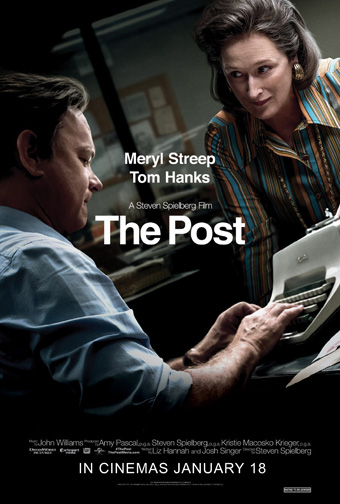
Movie Stills
